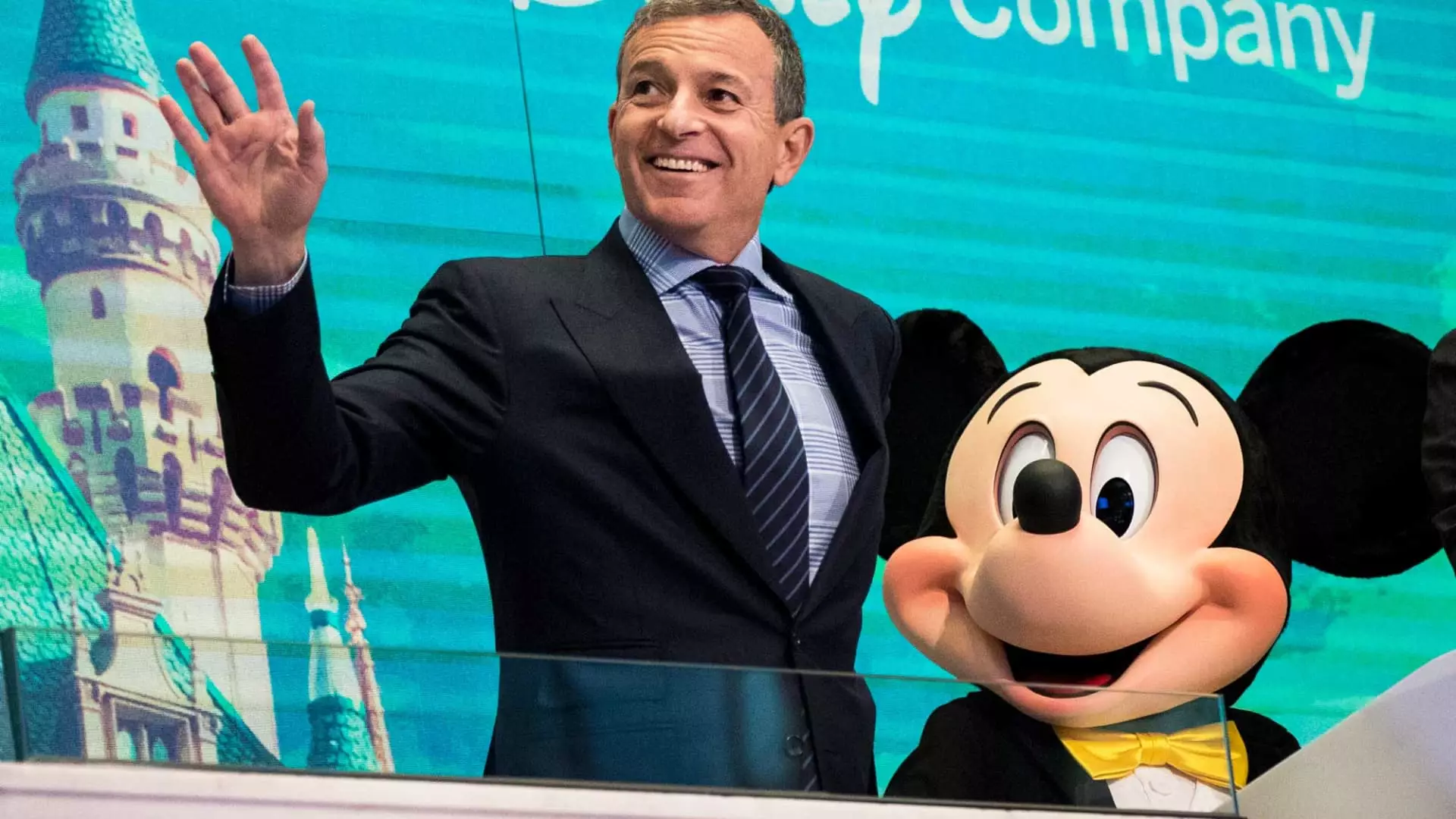Disney, a renowned entertainment giant, has been contemplating the sale of ABC, its owned affiliates, linear cable networks, and a minority stake in ESPN. This potential move is not solely driven by monetary considerations, but rather, it serves as a signal to investors that Disney is ready to transcend its image as “old media.” With a market capitalization of approximately $156 billion and debts amounting to about $45 billion, Disney aims to reduce its leverage ratio while mitigating the losses from its streaming ventures. Nonetheless, the primary motive for CEO Bob Iger’s contemplation of selling media assets goes beyond financial implications. It is a strategic shift, embracing the end of the era of traditional TV.
Streaming has emerged as the future of Disney, positioned as its most robust asset alongside its renowned parks. Disney has explicitly revealed its expectation of a decline in the linear television business, and therefore, it is not seeking to protect it. By divesting these businesses to more suitable operators, Disney aims to alleviate the burden of negative growth and optimize its position in the streaming era. Streaming services serve as Disney’s strongest asset, and any move to separate traditional TV from its core operations would be advantageous for the company’s stock.
Nexstar, one of the potential buyers, has reportedly held preliminary discussions with Disney regarding the possibility of acquiring ABC and its owned and operated affiliates. Additionally, media mogul Byron Allen has presented a preliminary offer of $10 billion for ABC, its affiliates, as well as cable networks FX and National Geographic. However, Disney has issued a statement dismissing the reports and confirming that no decision has been made regarding the divestiture of any property.
The value of broadcast and cable networks has significantly declined over the years, largely influenced by the increasing number of Americans canceling their cable subscriptions. Analysts estimate the combined value of ABC and Disney’s eight owned affiliate networks at around $4.5 billion, a fraction of the $19 billion price tag when Disney acquired Capital Cities/ABC in 1995. ESPN, once valued at approximately $50 billion, now stands at an estimated $20-30 billion. As Disney seeks to retain a majority stake in ESPN, it acknowledges that the sports media industry is still a valuable proposition.
While Disney can easily sell its eight owned and operated affiliate stations without triggering significant changes in the media industry, divesting the ABC network would be a bold statement, signifying Disney’s lack of faith in the future of traditional broadcast cable. This decision may obstruct ESPN’s ability to secure future sports rights deals, potentially prompting leagues to sell rights to other companies and further weakening ESPN’s position. Nevertheless, Disney must weigh the potential positive gains of shedding declining assets against the negative externalities of losing ABC.
If Disney proceeds with the sale of ABC and investors respond positively, it could serve as a catalyst for other legacy media companies to follow suit and divest their declining assets. Companies such as NBCUniversal, Paramount Global, and Warner Bros. Discovery possess not only legacy broadcast and cable networks but also flagship streaming services. Disney could take the lead in driving the industry forward and ushering in a new era of media consumption.
Disney’s contemplation to sell ABC and its associated assets is not merely a financial decision but rather a strategic move towards embracing the future of streaming and leaving behind traditional TV. By divesting declining businesses, Disney intends to strengthen its position in the streaming market and signal to investors its commitment to innovation and adaptation. Regardless of the potential challenges in decoupling the linear nets from ESPN, Disney aims to navigate these complexities and emerge as a bullish leader in the industry. The coming months will reveal whether Disney’s willingness to embrace change will pave the way for a new era of media consumption.


Leave a Reply